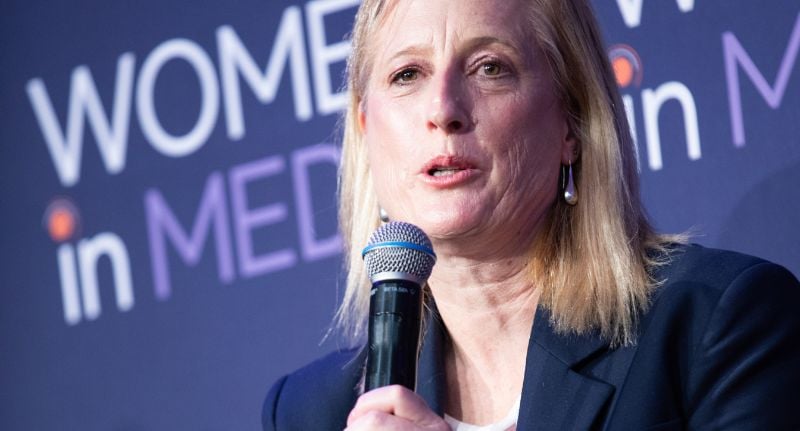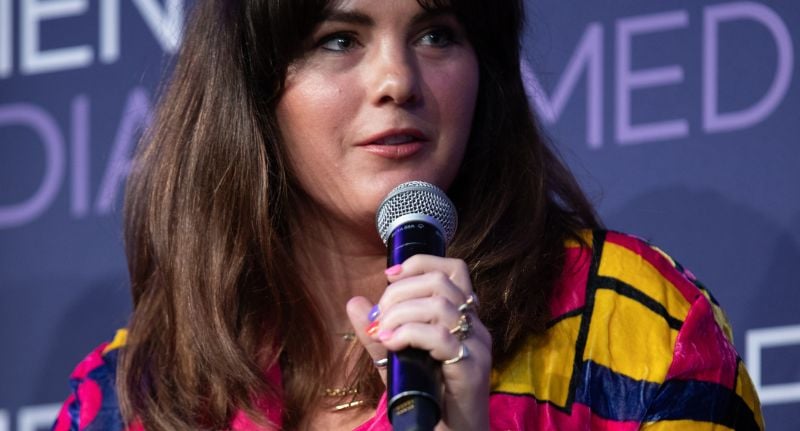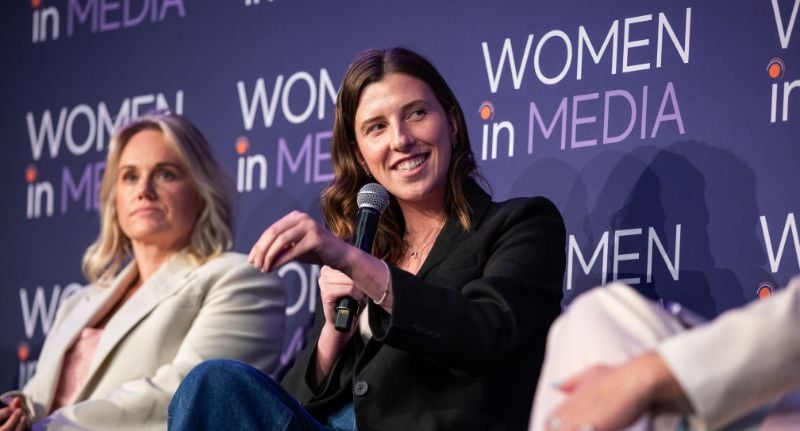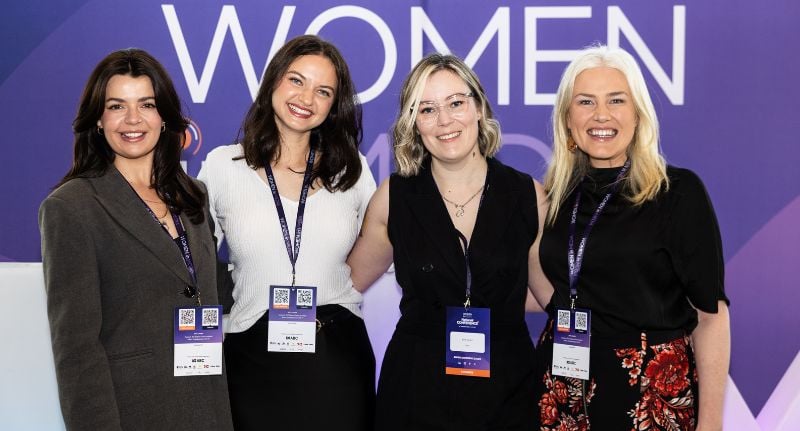By Fiona Ellis-Jones, Head of News & Information at ARN
Every year, I leave the Women in Media Conference feeling inspired by the women around me but frustrated by the statistics that continue to plague our industry.
For all the panels, policies, and pledges, the reality is women in media are still being left behind.
While it’s always refreshing to be in a room of smart, pragmatic women, there are some uncomfortable truths we continue to face.
Women now make up nearly 49% of the media workforce. Yet we hold just 30% of CEO and MD positions.
More damning still, 59% of women are unhappy with their career progression. And nearly one in three are considering leaving their jobs entirely. At a time when traditional entry pathways are drying up, some are thinking of abandoning the industry altogether.
We shouldn’t still be having these conversations. And yet, here we are.
We’re not just talking about headcount on a spreadsheet. They represent talented women walking out the door … local stories going untold … and female perspectives being lost to audiences at a time when credible journalism has never been so important.

Minister for Women, Senator Katy Gallagher
Minister for Women, Senator Katy Gallagher, cautioned that a worrying mindset is emerging among some teenage boys who perceive women’s opportunities as coming at men’s expense.
“There is a worrying trend emerging … particularly with young men thinking that women are getting too much and that their rights are going backwards, and there’s too much focus on women.”
She pointed out that while diversity and inclusion policies face rollbacks overseas, most Australian companies are maintaining their commitments to workplace equality.
Encouraging. But only if the momentum continues.
Because the real challenge is not just protecting gains, but reassuring the next generation that equality isn’t about diminishing anyone’s power. But rather, sharing it more fairly.

Former Sky News journalist turned Liberal grassroots leader Charlotte Mortlock
Former Sky News journalist turned Liberal grassroots leader Charlotte Mortlock summed it up: “When accustomed to privilege, equality can feel like oppression … [n]o one wants quotas and DEI, but when it doesn’t happen organically, what do you do?”
She’s right. When systemic change requires deliberate action, the business case becomes undeniable.
Diverse teams don’t just tick boxes. They make better decisions, produce more relevant content, and connect more authentically with audiences. In an industry under relentless commercial pressure, ignoring these advantages isn’t just unfair to women … it’s bad business.
Cheek Media co-founder Hannah Ferguson and Mamamia’s Jessie Stephens spoke to the challenges every media executive knows all too well — how to pivot to an on-demand, social-first world without sacrificing editorial integrity. And how to protect the credibility of journalism in an era where media brands and personalities monetise everything from skincare to sex toys.
Yes, audiences consume content in faster bursts, on platforms dismissed a decade ago. But if we compromise on standards, we erode the very trust that keeps them coming back.

Cheek Media co-founder Hannah Ferguson
The keynote from Hanna Rosin, author of The End of Men, was perhaps the day’s most confronting session. She reminded us that journalism isn’t just about recording events but about shaping how they are understood. The stories we choose to tell, and how we tell them, frame culture itself.
And yet, what struck me most this year wasn’t the statistics or even the warnings. It was the collective determination and wisdom in that room.
Women comparing notes on navigating impossible schedules, breaking into leadership, and being heard in rooms that weren’t built for us. Women celebrating small but significant breakthroughs.
That’s why I brought four of our most promising regional journalists with me to the event. Because these conversations cannot remain confined to Sydney and Melbourne. The challenges (and the solutions) must stretch across the country.
The next generation is watching. And they are forming expectations now about what “normal” looks like in leadership and in workplaces. If we get this right, our sons and daughters will see equality not as radical, but as the only fair and logical way forward.
Because equality in media isn’t just good for women. It’s essential for retaining talent, telling diverse stories, and staying relevant to audiences.
The choice for media executives is simple — change the system, or risk losing the very voices our audiences need most.”

